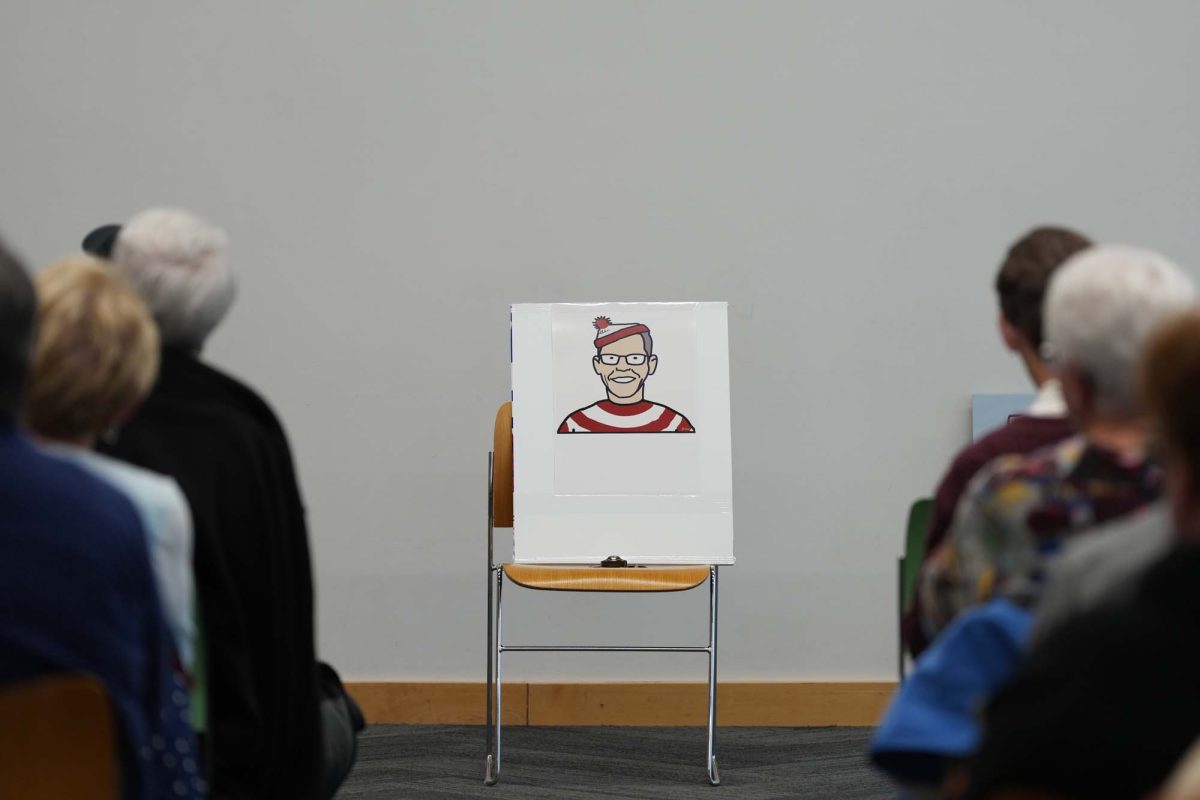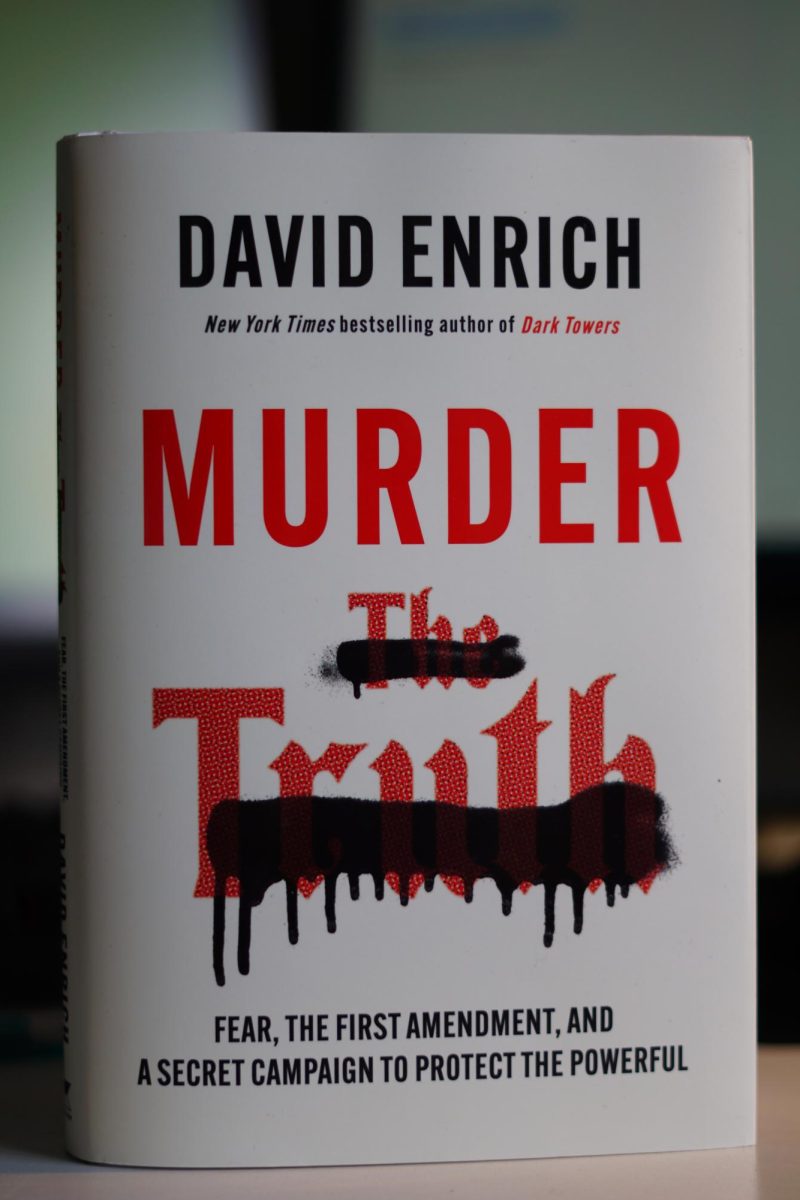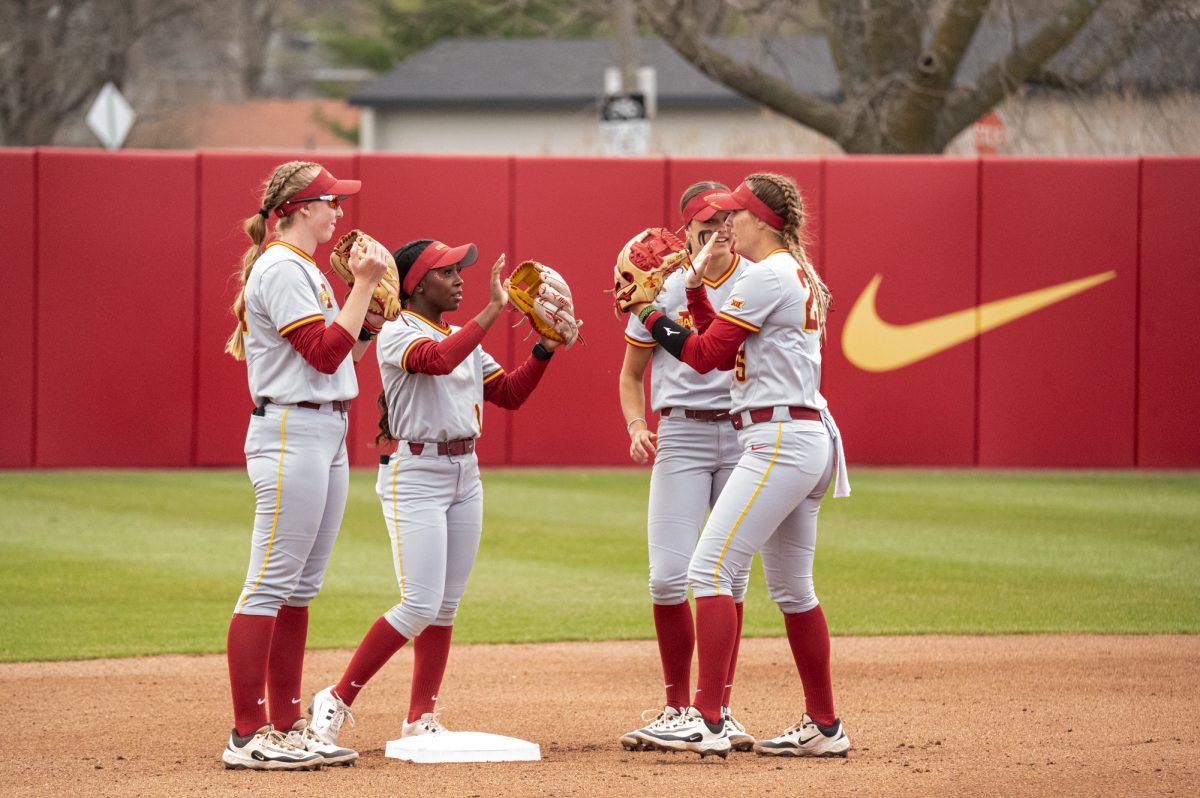9/29 is more than my birthday
February 6, 1997
One day last semester, I saw a man wearing a green baseball hat with the numbers 9/29 on it.
I thought, “Hey, that’s my birthday,” until I realized the man was Milton McGriff of The September 29th Movement.
Since then, McGriff and company have been through a lot.
But no time is more pressing than now.
By Wednesday, Movement members McGriff, Meron Wondwosen, Kel Munger, Taiyon Coleman, Eric Imerman A.D. Selha, Alan Nosworthy and Theresa Thomas received their punishments for their involvement in an unauthorized town meeting on Nov. 5.
To think this all came about because Old Botany was changed to Carrie Chapman Catt Hall is amazing because, to some, she is just a name on a building. To others, Catt was a racist during the women’s suffrage movement.
Regardless of what side you take on the issue, the debate is not one to be dismissed no matter how sick you are of it being preached to you.
Since 1995, The Movement has tirelessly argued against Catt Hall. However, a few months ago, the Iowa State Daily conducted a random telephone survey which showed more than half of those interviewed oppose changing the name of Catt Hall.
But here is the main point:
Our opinions on Catt don’t matter right now. But, our respect for The September 29th Movement and the efforts it has made to be heard should be greatly heightened.
No other student organization on campus is more passionate about its cause than 9/29. Now, in light of the administrative hearings to which Movement members have succumbed, not only do they deserve our respect, but our support now more than ever.
Over the past week, inconsistencies in Iowa State’s judicial proceedings have shown that they can swallow our peers into a period of anxiety without warning them of the sheer possibility of the worst consequences.
What’s being questioned now is how the proceedings and the investigation have been initiated by the university in response to The Movement’s First Amendment right to free speech and to peacefully assemble.
Considering everything we have learned so far, the questions about the legalities stemming from Nov. 5 are still up in the air. Movement members attempted to go about events on Nov. 5 as officially as possible.
So why didn’t Dean of Students Kathleen MacKay issue a permit for the non-violent protest at The Movement’s request, even after it was recommended by Department of Public Safety Director Loras Jaeger?
Why were only about 25 of more than 65 people charged for the Nov. 5 town meeting? Why weren’t the hearings held by the Office of Judicial Affairs open, even after Movement members requested it? What makes the regulations in Iowa State’s Student Information Handbook take precedence over the Buckley Amendment clause that states students can waive their rights to closed hearings?
Why don’t conduct probation and suspension constitute serious enough charges to be heard before the All-University Judiciary? One would think the possibility of removing a GSB senator or the president of the largest minority organization on campus is serious, if not “suicidal” for the university, as one professor stated it.
Why is Grace Weigel the judge, jury and prosecutor at these OJA hearings? Whatever happened to having a jury of your peers? After all, that’s what our justice system is supposed to be all about, isn’t it?
The questions will continue.
But right now, McGriff, Wondwosen, Munger, Coleman, Nosworthy, Thomas, Imerman and Selha are fighting for justice.
They are our peers and our friends.
They have given a reason for all students of this university to stand behind them, regardless of our differences, our issues and our opinions on Catt Hall.
Shuva Rahim is a junior in journalism and mass communication from Davenport.






